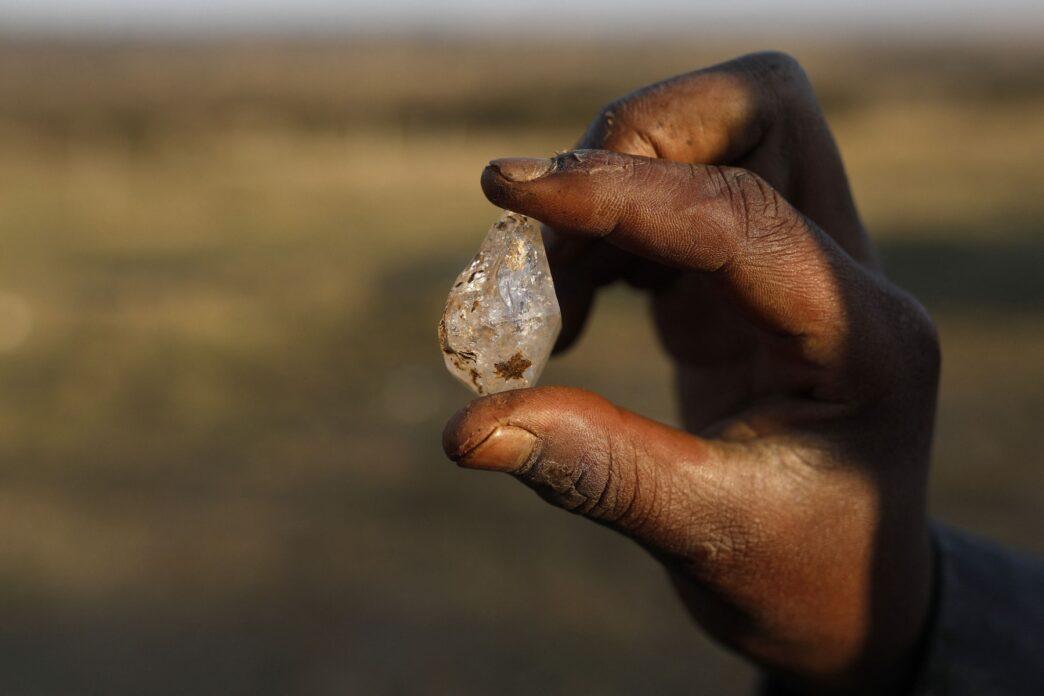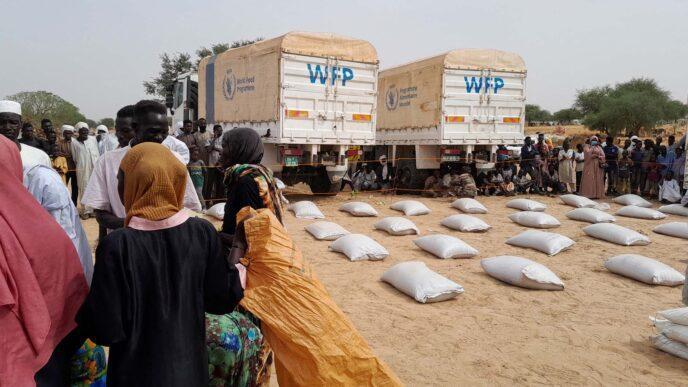The Central African Republic (CAR) has reached a significant turning point in its economic history as the decade-long export ban on its diamonds has officially been lifted. This landmark decision was approved by the Kimberley Process (KP) during its plenary session in Dubai, marking a moment of celebration for a country whose economy relies heavily on the diamond trade.
According to CAR’s Ministry of Mines, the KP, the international regulatory body that oversees the global diamond trade, agreed to remove the sanctions entirely, a move hailed as a victory for the country’s fragile but resource-rich economy. The embargo, imposed in 2013 during the height of CAR’s civil war, was designed to prevent the circulation of conflict diamonds, often called “blood diamonds.”
At its peak in 2011, CAR’s diamond trade was valued at approximately $50 million annually. However, the embargo’s introduction devastated this key sector. Mines Minister Rufin Benam Beltoungou, speaking in September, emphasized that the nation had made strides in reducing security concerns and implementing traceability systems for its diamonds to meet Kimberley Process standards.

The decision to lift the sanctions comes after years of lobbying by CAR. The embargo had been partially eased in 2015 and 2018, permitting limited exports from specific mining zones. Now, this complete removal of restrictions allows access to all 24 diamond mining areas across the country.
Diamonds, along with gold, are among CAR’s most valuable natural resources. Several international firms, including those from China, America, Rwanda, and Russia, hold mining permits in CAR, with some entities reportedly linked to the Wagner mercenary group.
Despite the easing of civil conflict in 2018, challenges such as sporadic violence and poverty remain prevalent. The lifting of the diamond embargo is seen as a beacon of hope for economic recovery, potentially unlocking millions in annual revenue and creating new opportunities for the nation.

As CAR reenters the global diamond trade, one question remains: Can the country sustain its commitments to transparency and traceability to ensure long-term benefits? Share your thoughts in the comments below.















